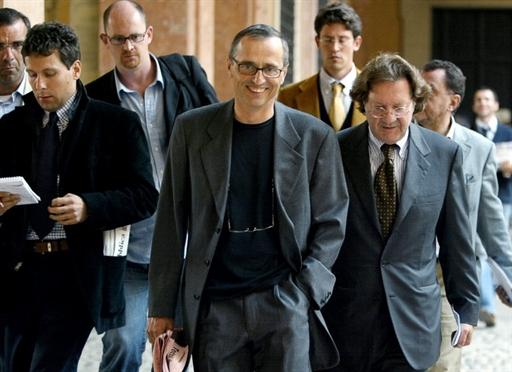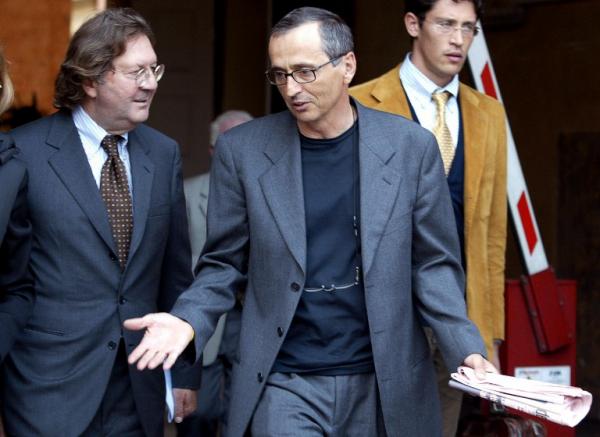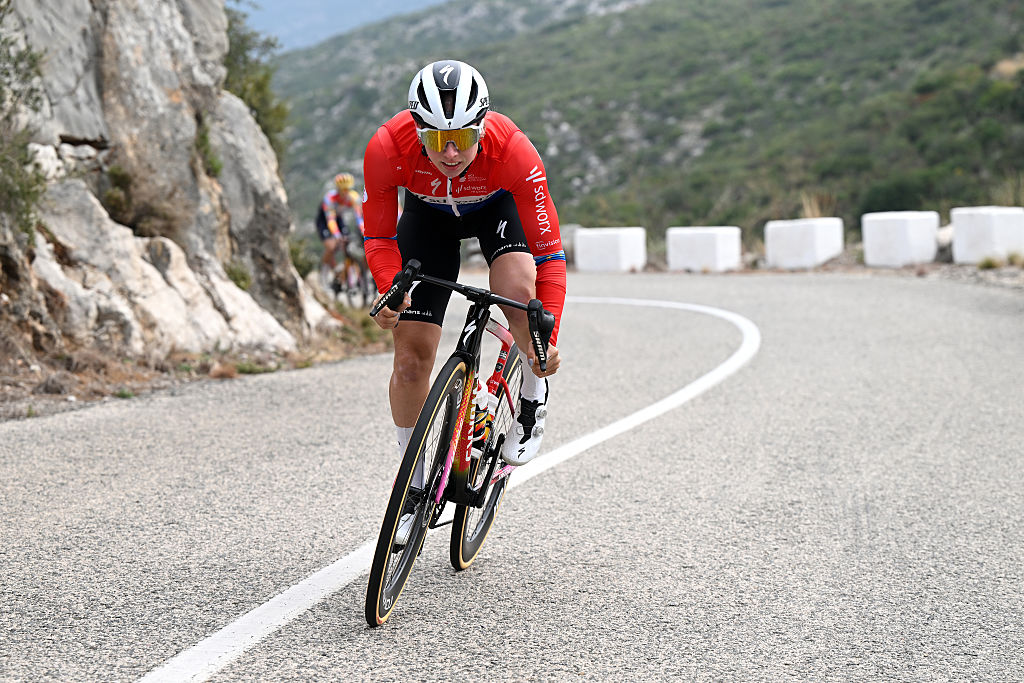Italian judge says doping is still a problem in cycling
Benedetto Roberti calls for a change of cycling culture
The latest race content, interviews, features, reviews and expert buying guides, direct to your inbox!
You are now subscribed
Your newsletter sign-up was successful


Benedetto Roberti, the Italian investigating judge who has uncovered key evidence against Dr. Michele Ferrari and a long list of his clients, has given a rare interview with Tuttobici magazine, claiming that little has changed in the sport, with new, undetectable versions of EPO and other doping products still being used by professional, amateur and even Gran Fondo riders.
Roberti revealed his own passion for cycling, saying he has ridden numerous Gran Fondo events, where he has seen riders use cortisone suppositories as they line-up for the start. Roberti is a former military judge and angered the Italian Olympic Committee anti-doping investigators by refusing to share evidence he has collected during his meticulous investigations. His penal investigation is expected to be concluded in the New Year, with much of the evidence likely to emerge when a preliminary judge decides who should go on trial. Some evidence has already emerged as part of the USADA Reasoned Decision documentation that snared Lance Armstrong and lead to the UCI disqualifying him from his seven Tour de France victories.
"I've learnt never to trust some people. Riders are often considered the weakest link in all of this but the riders are responsible for what they do. They're the start and the end of it all. The rest is just a lot of talking."
"So have things improved? Has sport and especially cycling really taken a new direction? I say no and whoever says the opposite doesn't love our sport."
Take Bjarne Riis' licence away
Roberti calls for a generation change and a change of culture in cycling. While the UCI has allowed Bjarne Riis to continue as a team manager with the Saxo-Tinkoff WorldTour team, despite his doping confession and links to the past, Roberti is adamant that people like the Dane should have no place in cycling.
"The UCI should take away Bjarne Riis' licence, he's confessed. They didn’t take away his 1996 Tour win and they even let him work as if nothing has happened. The UCI should take a clear stance and for sure is responsible too," Tuttobici reported Roberti as saying.
The latest race content, interviews, features, reviews and expert buying guides, direct to your inbox!
"We've got to control whoever teaches cycling to young people. Who raced in the eighties and nineties could be dangerous. Things have to be cleaned up at this level. We need new managers and technical staff rather than a manifesto and ethics codes. We need a jump in the culture and to make doping not worth it. We've got to work with the families because it's about contracts and money. We've got to teach young people that it's more important to promote a sponsor's good name rather than just easy wins."
"You can't fight doping with just repression. The problem is to change people's mentality, make them more responsible. Nobody seems ashamed of what they do. It's not only cycling, the world is like that today; drugged by a thousand offers, especially culturally. People don’t know how to distinguish between good and bad."

Stephen is one of the most experienced members of the Cyclingnews team, having reported on professional cycling since 1994. Before becoming Editor-at-large, he was Head of News at Cyclingnews. He has previously worked for Shift Active Media, Reuters and Cycling Weekly. He is a member of the Board of the Association Internationale des Journalistes du Cyclisme (AIJC).
